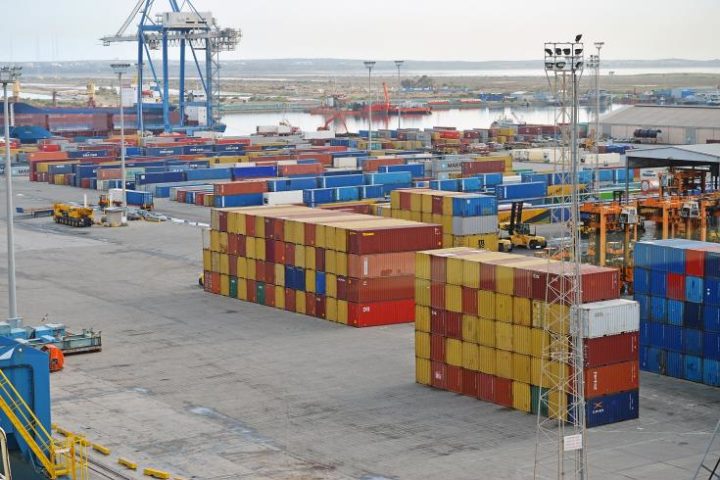It’s been business as usual for Cypriot firms exporting goods to the UK in the past two years as they dodged the Brexit bullet.
Despite initial concerns, Cypriot exports to the UK have not only not managed to stay afloat but have risen thanks to the island’s flagship export, Halloumi cheese gaining even more popularity amongst British consumers.
Medicine exports also recorded impressive increases of 75% compared to the previous year.
According to Cystat data, domestic exports to the UK reached €171.8 mln in 2021 from €165.4 mln in 2020, while for January-October 2022, they reached €173.8 mln.
The value of halloumi exports was €120.9 mln from January-October 2022 compared to €106.3 mln in the same period of 2021.
For medicines, exports reached €9.3 mln in the first 10 months of 2022 from €5.3 mln in 2021 and €6.6 mln in 2020.
The director of the Employers and Industrialists’ Federation’s (OEB) Department of Business Development and Economic Studies, Antonis Frangoudes, told the Financial Mirror that stakeholders were relieved to see how well post-Brexit exports performed.
“Despite being confident that we could rely on traditionally good relations with the UK to overcome any issues, should push come to shove, we were still concerned over the new trading framework,” said Frangoudes.
“We knew there would be issues with UK products as EU’ rules of origin’ are strict.
“This means that products made in the UK with raw materials imported from a third country will not be treated as UK products. This did complicate things quite a bit.”
As Frangoudes said, following Brexit and the end of the grace period at the end of 2021, exports had stabilised, buoyed by halloumi’s popularity.
The UK left the EU single market and customs union on 1 January 2021, with rules governing the new relationship taking effect.
“We were happy to see the post-Brexit trade agreement with the EU.
“The EU-UK Trade and Cooperation Agreement provides zero tariffs and zero quotas on all goods originating in and traded between the EU and the UK, from 1 January 2021”.
He added that an endless trail of paperwork needed to obtain the tariff exclusion has made life difficult for Cypriot exports, as proof of origin must be presented with other documentation.
UK imports battered
However, imports from the UK have suffered a hit as UK goods to the island halved within the first year of Brexit.
According to the statistics, the value of imports decreased from €644.8 mln in 2020 to €319.5 mln in 2021, while for the ten months of 2022, it was €285.3 mln.
The large decrease is mainly attributed to vehicle imports which fell to €96.2 mln in the first ten months of 2022 from €107.9 mln in 2021 and €259.3 mln in 2020.
The majority of vehicles are not considered as originating in the UK and are subject to the general duty rate applicable to any third country under the Common External Tariff of the European Union.
Furthermore, as of 2021, imports of goods from the UK to an EU country are subject to VAT at the rate that applies to the same goods in that Member State; VAT is payable to customs at the time of importation.
Imports of ships and medicines also show a decrease.
The value of boat and ship imports decreased to €24.6 mln from €26.1 mln in 2021 and €113.7 mln in 2020.
As regards the value of medicines, it decreased by €3.3 mln in 2021 from €12 mln in 2020, while for the period January-October 2022, it stands at €4 mln.
Frangoudes confirmed that all imports from the UK had taken a blow since Brexit, including clothes, shoes, machinery and especially vehicles.
The United Kingdom left the European Union on 31 January 2020.
Under the Withdrawal Agreement, it is now officially a third country for the EU and no longer participates in the EU’s decision-making process.
However, the EU and the UK jointly agreed on a transition period until 31 December 2020.
During the transition period, EU law continued to apply in the UK, with no differentiation in customs procedures or charges.










